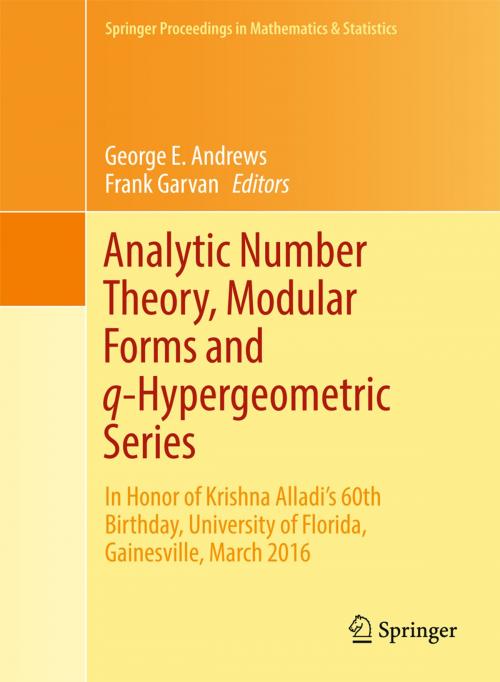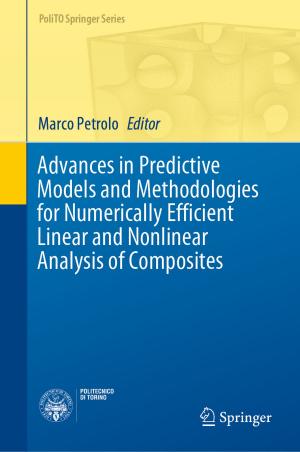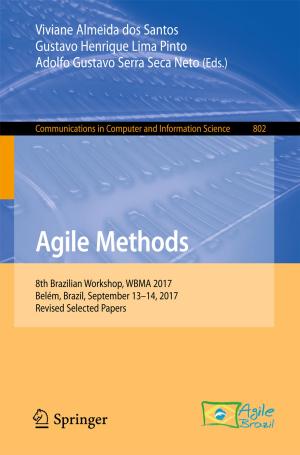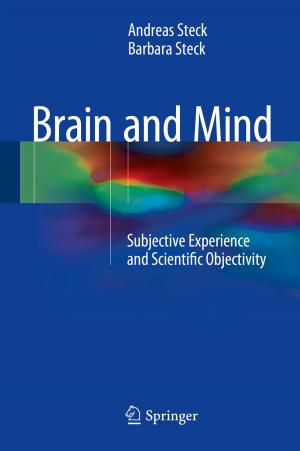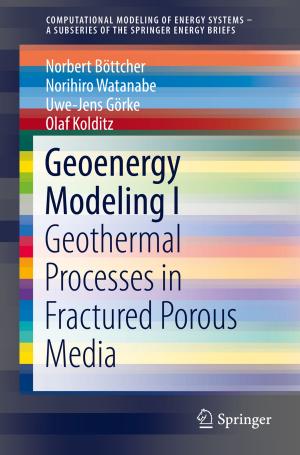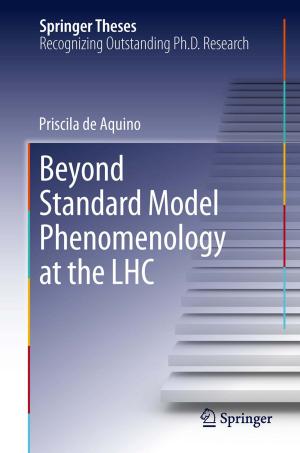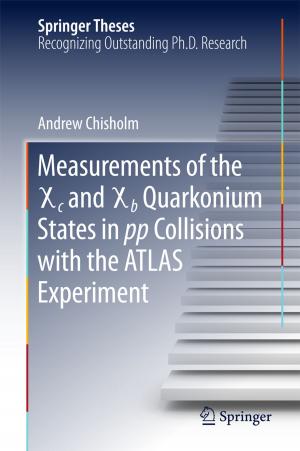Analytic Number Theory, Modular Forms and q-Hypergeometric Series
In Honor of Krishna Alladi's 60th Birthday, University of Florida, Gainesville, March 2016
Nonfiction, Science & Nature, Mathematics, Number Theory| Author: | ISBN: | 9783319683768 | |
| Publisher: | Springer International Publishing | Publication: | February 1, 2018 |
| Imprint: | Springer | Language: | English |
| Author: | |
| ISBN: | 9783319683768 |
| Publisher: | Springer International Publishing |
| Publication: | February 1, 2018 |
| Imprint: | Springer |
| Language: | English |
Gathered from the 2016 Gainesville Number Theory Conference honoring Krishna Alladi on his 60th birthday, these proceedings present recent research in number theory. Extensive and detailed, this volume features 40 articles by leading researchers on topics in analytic number theory, probabilistic number theory, irrationality and transcendence, Diophantine analysis, partitions, basic hypergeometric series, and modular forms. Readers will also find detailed discussions of several aspects of the path-breaking work of Srinivasa Ramanujan and its influence on current research. Many of the papers were motivated by Alladi's own research on partitions and q-series as well as his earlier work in number theory.
Alladi is well known for his contributions in number theory and mathematics. His research interests include combinatorics, discrete mathematics, sieve methods, probabilistic and analytic number theory, Diophantine approximations, partitions and q-series identities. Graduate students and researchers will find this volume a valuable resource on new developments in various aspects of number theory.
Gathered from the 2016 Gainesville Number Theory Conference honoring Krishna Alladi on his 60th birthday, these proceedings present recent research in number theory. Extensive and detailed, this volume features 40 articles by leading researchers on topics in analytic number theory, probabilistic number theory, irrationality and transcendence, Diophantine analysis, partitions, basic hypergeometric series, and modular forms. Readers will also find detailed discussions of several aspects of the path-breaking work of Srinivasa Ramanujan and its influence on current research. Many of the papers were motivated by Alladi's own research on partitions and q-series as well as his earlier work in number theory.
Alladi is well known for his contributions in number theory and mathematics. His research interests include combinatorics, discrete mathematics, sieve methods, probabilistic and analytic number theory, Diophantine approximations, partitions and q-series identities. Graduate students and researchers will find this volume a valuable resource on new developments in various aspects of number theory.
